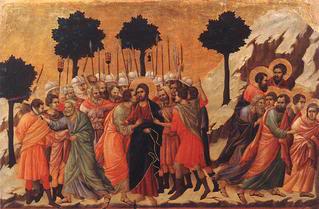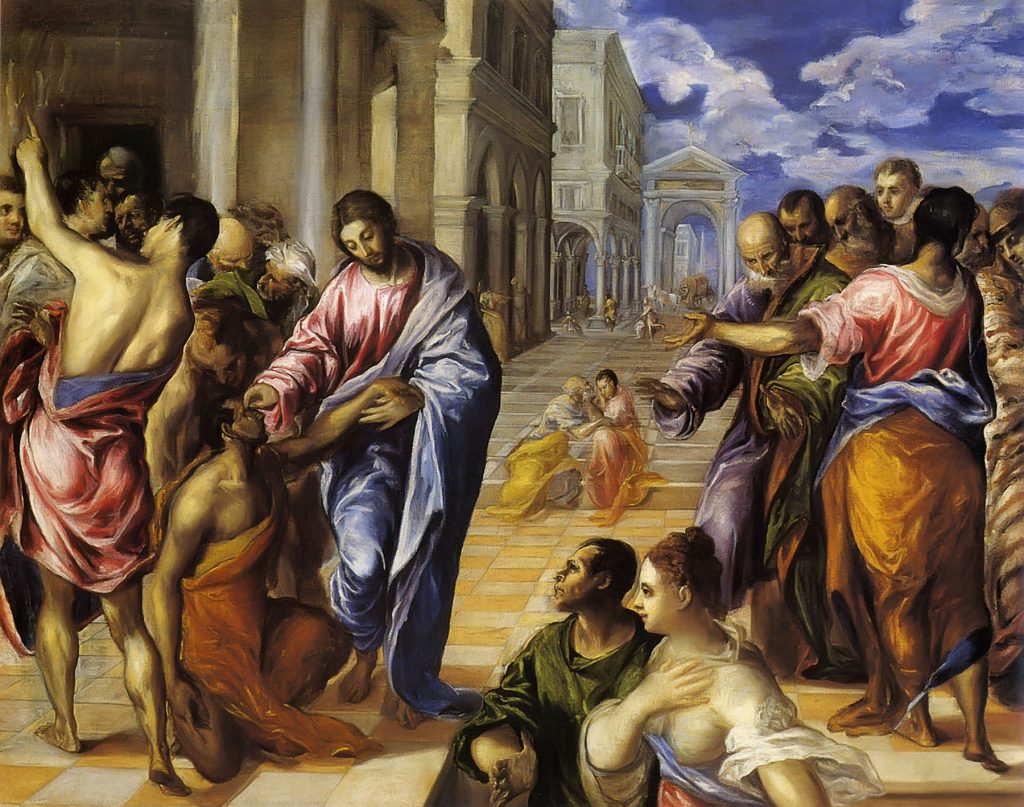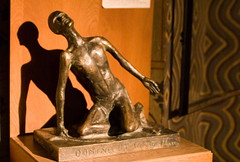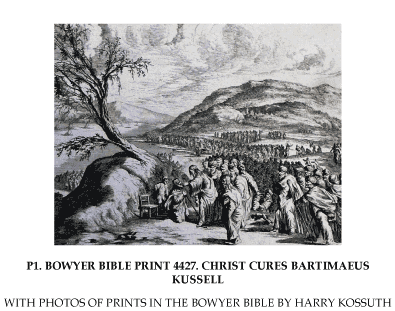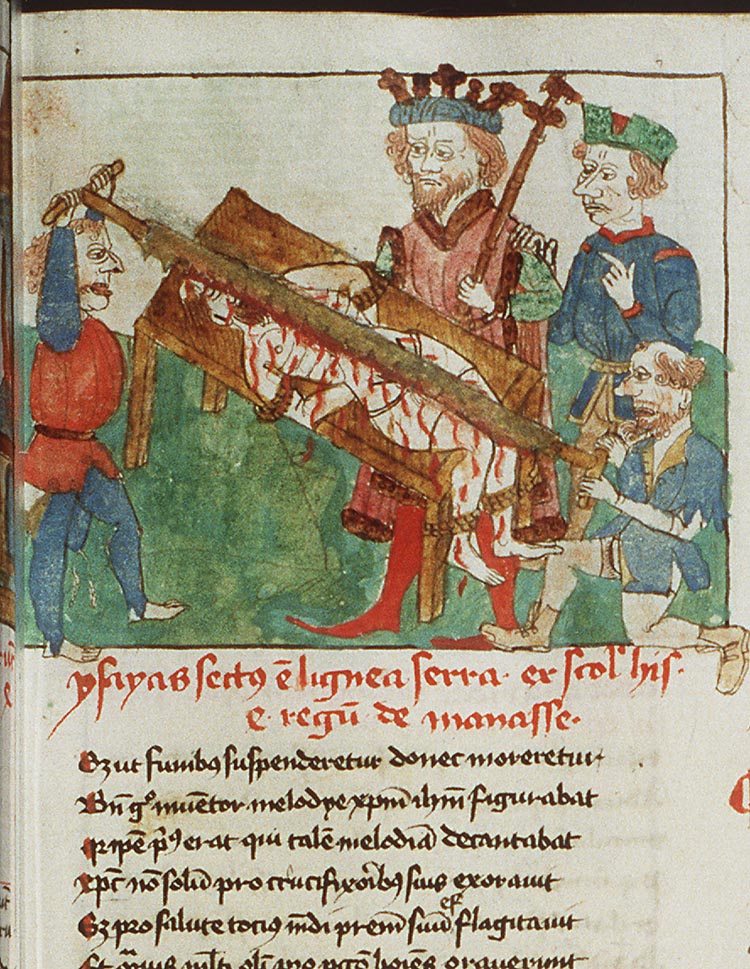 Earl Doherty discusses the Ascension of Isaiah’s relevance for his case that some early Christians thought of the Christ’s activity occurring entirely in a non-earthly realm. So the date of the document is significant.
Earl Doherty discusses the Ascension of Isaiah’s relevance for his case that some early Christians thought of the Christ’s activity occurring entirely in a non-earthly realm. So the date of the document is significant.
I had hoped to include with the following notes from R. H. Charles some discussions on dating found in more recent commentaries, but since that will take too long to prepare all in one hit, I will follow up this post with another post to complete the discussion.
R. H. Charles published in 1900 a translation of the Ascension of Isaiah that included a detailed discussion of the text in its various manuscript forms. This is available online at Cornell University Library archives. In his introduction he includes a discussion of the dates of composition of the “various constituents” of the Ascension (pp. xliv ff).
Charles first addresses the date of the Martyrdom portion. This is the bulk of the first half of the “Ascension of Isaiah” document. In fact, the document is sometimes more comprehensively titled The Martyrdom and Ascension of Isaiah. Majority scholarly opinion, but not a unanimous opinion, is that the Martyrdom portion originally circulated as a narrative quite independently of the Ascension chapters. (Will discuss some of the arguments in a future post.)
Other sections of the Martyrdom and Ascension of Isaiah discussed by R. H. Charles are The Testament of Hezekiah and The Vision of Isaiah.
I have singled out each of these sections and colour-coded them at the end of this post. The one section we are most interested is the last one, The Vision of Isaiah. This is the second half consisting of chapters 6 to 11, but I have not included a copy of these chapters here.
I will in a future post try to examine minority arguments that hold that the whole document should be seen as a unity, albeit in some cases apart from a few more obvious later insertions such as 11:2-22.
The composite document is dated to the second or third-century c.e. But individual sections themselves (at least two) that are still believed by scholars to have originally circulated independently are dated to the first century. I am addressing the primary documents, so do not cover the later possible sprinklings of Christian terms here and there — nor the major interpolation at 11:2-22 — in this post.
Continue reading “The Date of the Ascension of Isaiah (1: R. H. Charles)”
Like this:
Like Loading...

